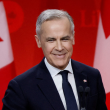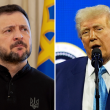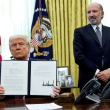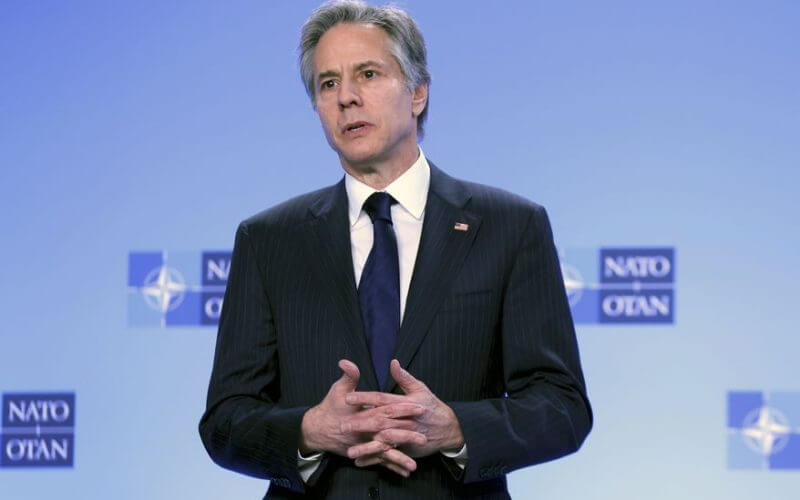Secretary of State Antony J. Blinken said Wednesday he was not “overly optimistic” that the U.S. and Iran can reach a deal to revive the 2015 nuclear deal, after weeks of speculation that a breakthrough in talks in Vienna was imminent.
The U.S. and its international partners have been involved in months of off-and-on talks with Tehran about restoring the agreement that President Trump repudiated in 2018. The U.S. under Mr. Trump reimposed punishing sanctions on the Iranian economy, and Iran responded by breaking through the deal’s limits on its suspect nuclear programs.
Mr. Blinken declined in an interview with NBC News Wednesday to go into the details on what’s holding up a deal, but offered an unexpectedly pessimistic take on the talks.
“I would say simply that I’m not overly optimistic at the prospects of actually getting an agreement to conclusion,” Mr. Blinken said, “despite all the efforts we put into it and despite the fact that I believe … our security would be better off. We’re not there.”
Mr. Blinken was in Brussels meeting with fellow NATO foreign ministers for discussions focused on Russia’s invasion of Ukraine, but he said he also planned to talk with European parties to the deal — France, Germany, Britain and the European Union — about the next steps in the Iran talks.
Although President Biden promised as a candidate in 2020 to restore the agreement, U.S. officials have repeatedly said they will not allow the talks to drag on indefinitely with Iran continuing to exceed the limits on its nuclear programs codified in the 2015 deal.
Iran’s official press has repeatedly hinted that a revived accord could be near, but blamed the Biden administration for blocking an agreement.
Last-minute obstacles to a deal reportedly include an Iranian demand that the U.S. drop Mr. Trump’s designation of Iran’s Islamic Revolutionary Guard Corps as an official terrorist organization and the complicating presence of Russia as a party to the talks, even as it pursues its military campaign in Ukraine.
Iranian Foreign Minister Hossein Amir Abdollahian said on Twitter this week that Washington was to blame for the latest snag in efforts to reach a deal.
“If there is a pause in the course of the Vienna talks, it’s due to the American side’s excessive demands,” the top Iranian diplomat posted Monday.
The Biden administration also faces pressure from Israel and a number of Gulf Arab allies who strongly opposed the 2015 deal and are lobbying against a revived accord.










